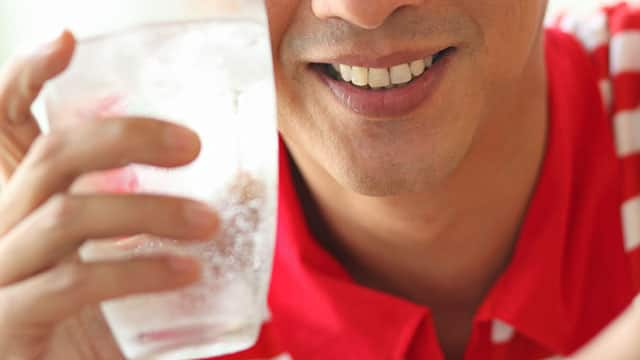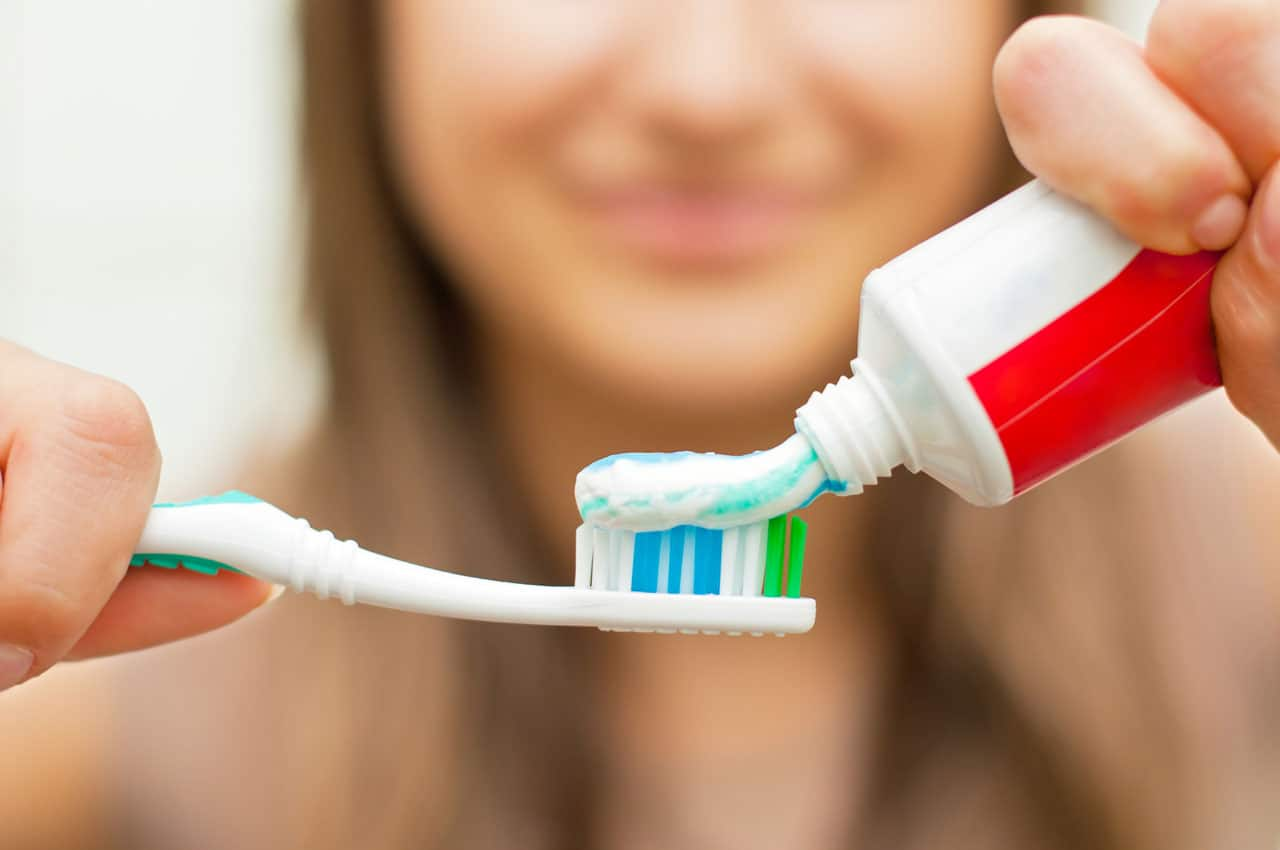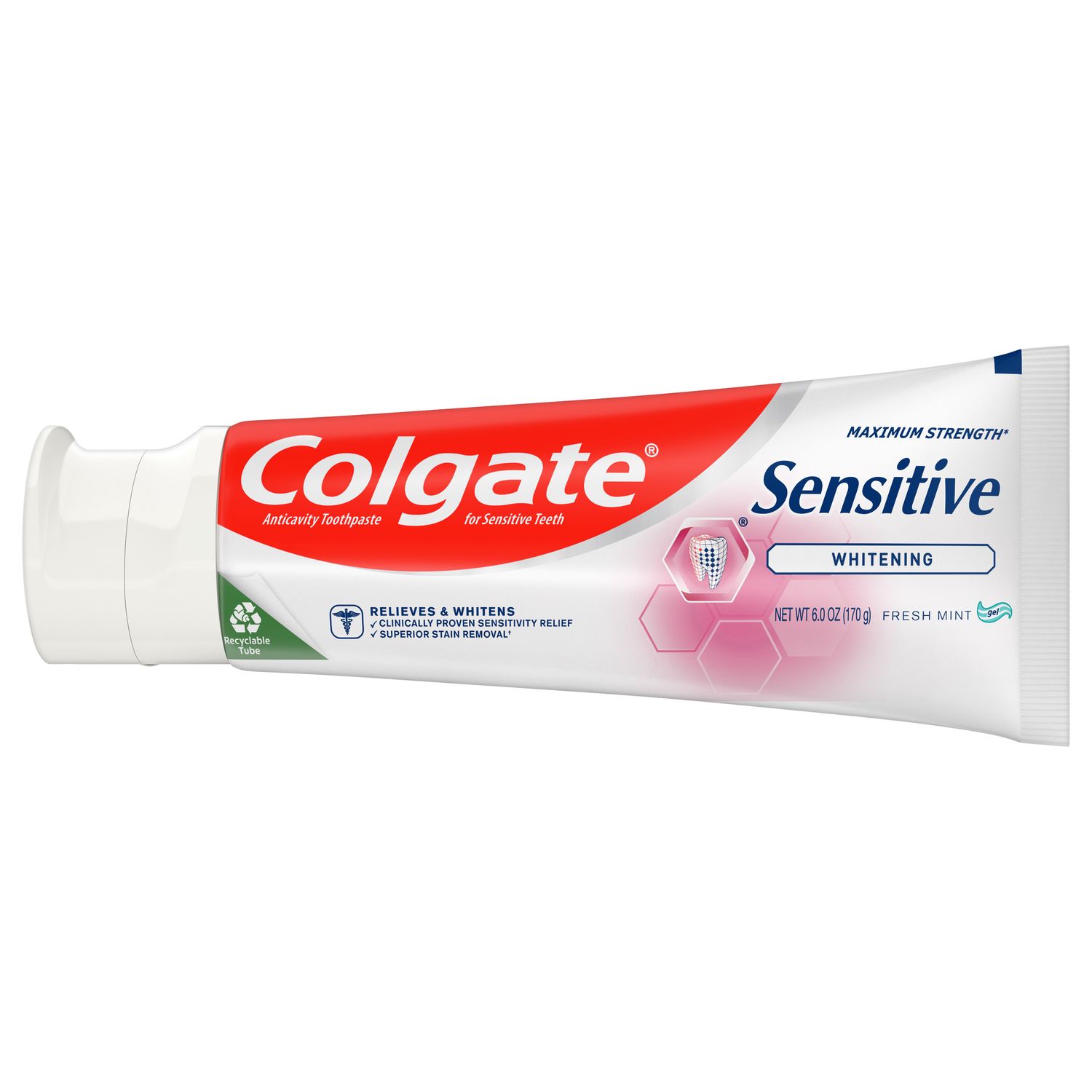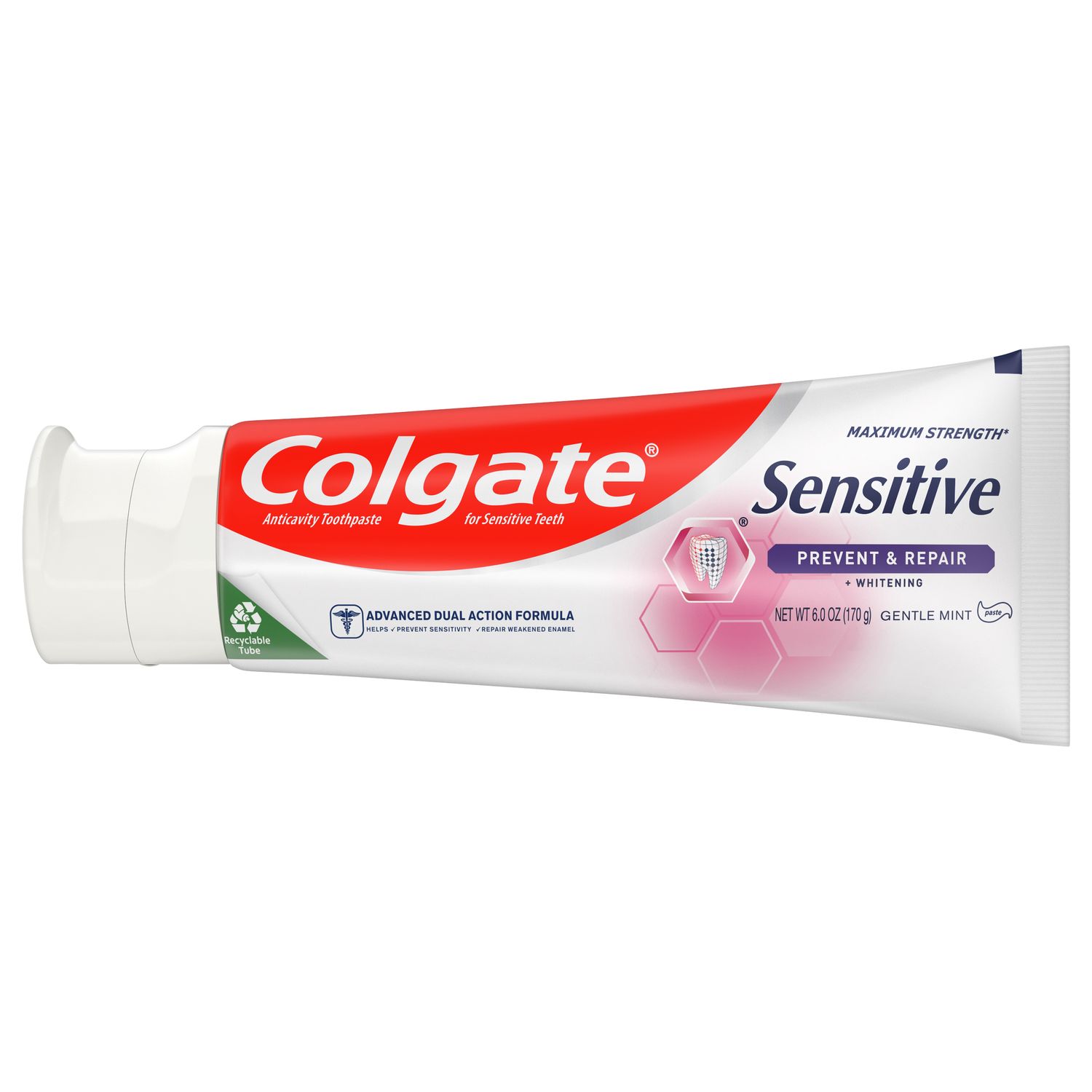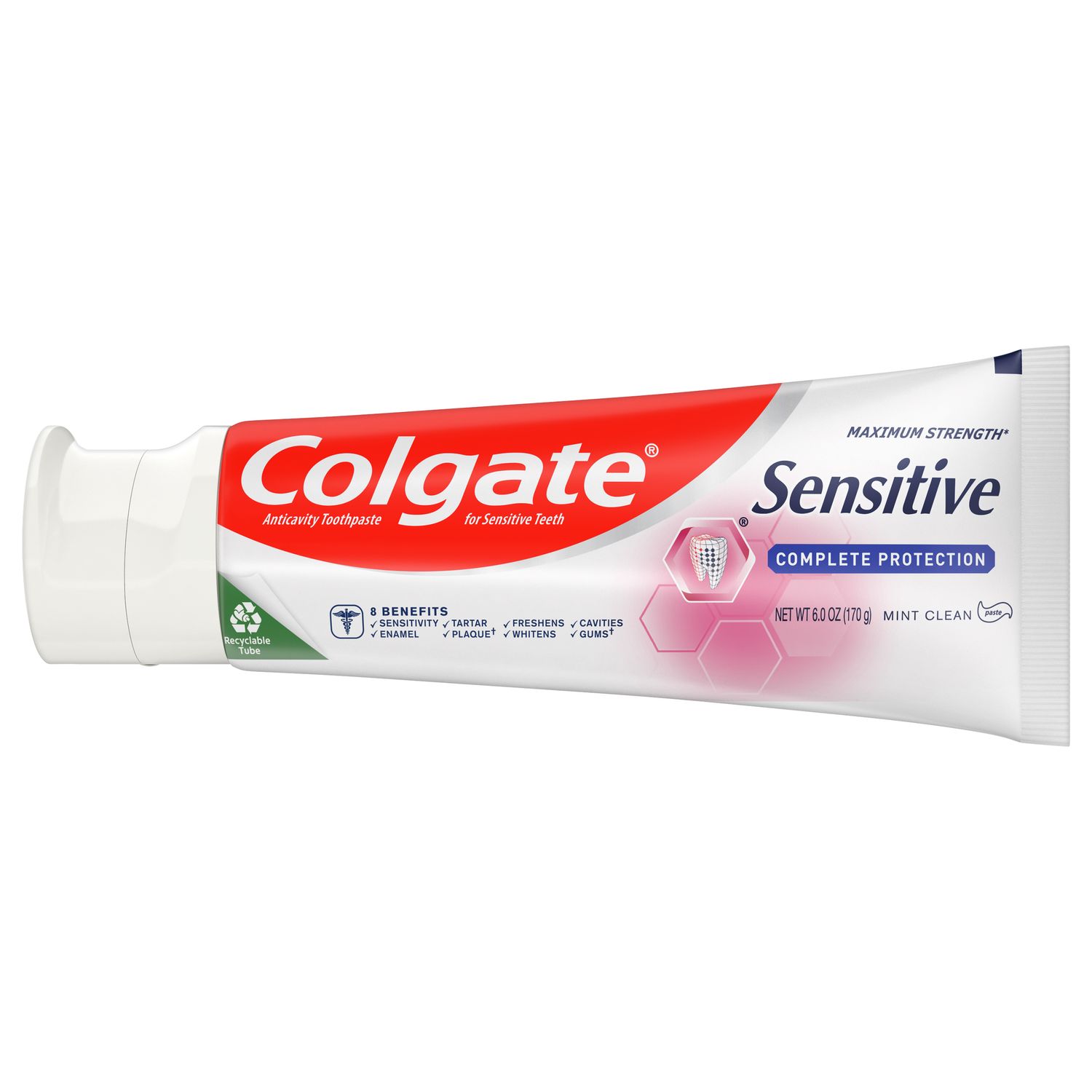How Does Soda Affect Your Teeth?
If you asked your dentist for their thoughts on soda, they'd recommend avoiding it. Why? Two big reasons:
Sugar. Soda has an abundance of it, leading to tooth decay and cavities
Acid. Most sodas are highly acidic, contributing to tooth erosion
So now you know what not to drink. Some healthier alternatives to drink include water, milk, and you guessed it — unsweetened sparkling water.
What Are Sparkling Water's Effects on Your Teeth?
That fizzy refreshment in your sparkling water is caused by carbonation. And it's the carbonation that has some concerned. So, is carbonated water bad for your teeth? A Journal of the American Dental Association study found that many popular sports drinks were "extremely erosive," while most sparkling carbonated waters ranked as "minimally erosive." Does minimally erosive equate to "bad"?
Sparkling water is much less erosive than other beverages. Which means may not be bad for you. "For an average, healthy person, carbonated, sugar-free beverages are not going to be a main cavity-causing factor," according to the U.S. News & World Report article. However, it's not necessarily good for you either. Replacing soda with sparkling water is a great idea, but don't replace water that may contain fluoride with its sparkling counterpart.
Does Sparkling Water Damage Teeth?
According to the National Institute of Health, beverages with a low pH tend to be more acidic which can erode tooth enamel if consumed often and in large volumes. Regular water has a pH of 7, which is neutral, and coffee is 5– if you don’t add sugar. Lemon juice is very acidic, measuring only slightly above stomach acid with a pH level of 2. Any beverage with a pH level lower than 4 can wear away enamel and damage your teeth over time. Plain sparkling water has a pH of around 5 or higher, so it won’t damage teeth. When flavor is added, it becomes more acidic. Lemon flavored sparkling water for instance has a pH level of 3 which means it could erode your enamel and damage your teeth.
Can I Drink Sparkling Water After Brushing My Teeth?
After brushing your teeth, your enamel absorbs the minerals from your fluoride toothpaste. It’s best not to wash away the minerals by drinking. Also, your enamel could temporarily be weaker. After brushing, avoid drinking anything other than fluoridated water. The most important thing to remember is to wait at least 20 minutes after drinking sparkling water or beverages that soften enamel (with carbonation and sugar) before brushing to prevent enamel erosion.
Now you know the truth about sparkling water — it isn't bad for your teeth provided it doesn’t contain sugar or added flavors. Water is still the best beverage to protect your enamel and your smile, but by following these tips you can keep your teeth healthy while enjoying something fizzy now and then.
This article is intended to promote understanding of and knowledge about general oral health topics. It is not intended to be a substitute for professional advice, diagnosis or treatment. Always seek the advice of your dentist or other qualified healthcare provider with any questions you may have regarding a medical condition or treatment.
ORAL HEALTH QUIZ
What's behind your smile?
Take our Oral Health assessment to get the most from your oral care routine
ORAL HEALTH QUIZ
What's behind your smile?
Take our Oral Health assessment to get the most from your oral care routine





